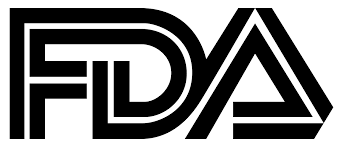Aggregated News

Some worries about heritable genetic modifications are subsiding and Center for Biologics Evaluation and Research Director Peter Marks said sponsors should consider the US for regulatory advice and clinical trials in the space.
The US Food and Drug Administration’s growing comfort with gene editing has sparked a more relaxed regulatory approach to the products.
Gene editing is a concerning subject for the FDA because the products could unknowingly cause heritable genetic modifications that harm patients. At first, the agency set high safety standards for gene editing trials to proceed in the US.
Center for Biologics Evaluation and Research Director Peter Marks admitted that the bar may have been set too high initially for some gene editing products. But he said that sponsors now should feel more comfortable discussing development plans with the FDA.
“We may adjust the bar a little bit,” Marks told the Pink Sheet on 16 October. “We would like to recalibrate and for people to know that we’re open to consideration and you don’t have to go to another regulator.”
The change in thinking occurred over the...



